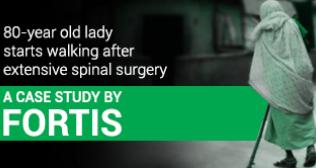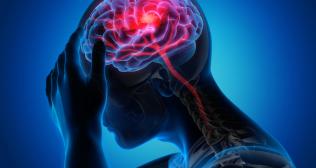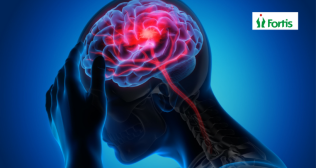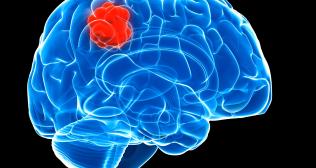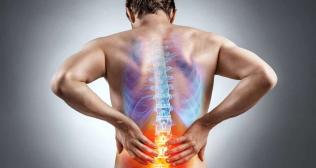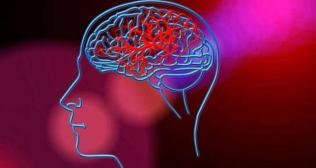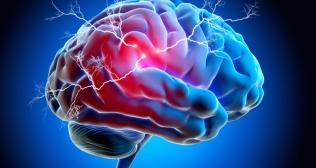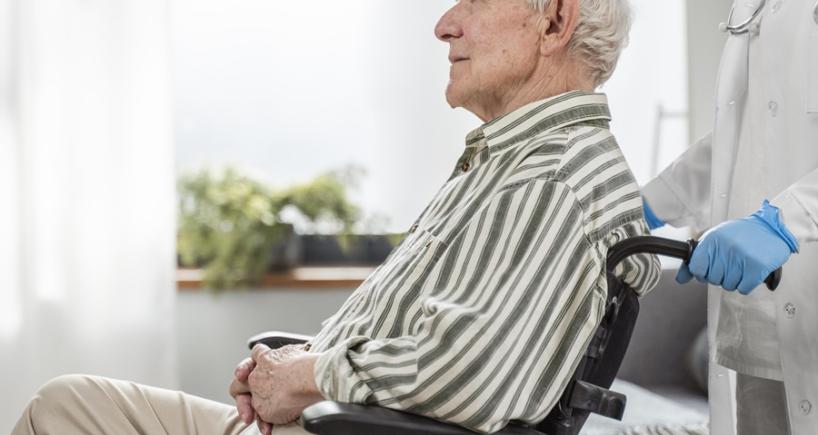
Parkinson's Disease: Causes, Symptoms, and Treatments Options
Parkinson's disease – What is it?
Parkinson’s disease is a neurological disorder that affect millions of people across the world every year. The disease is named after Dr James Parkinson, a British physician who first described the condition in 1817. The disease is characterised by a gradual loss of nerve cells in the brain, presumably those responsible for producing dopamine, a chemical messenger required for smooth and coordinated muscle movement. In India, the incidence of Parkinson’s disease is about 33 per 1,000 population.
Warning signs
The symptoms of Parkinson’s disease vary from patient to patient and develop slowly, initially involving one half of the body and spreading to the other side. The common symptoms include tremors, involving the hand, arms, leg, jaw and face. Other important symptoms include slowness of movement, rigidity, postural imbalance etc. As the disease progresses, the patient may experience non-motor symptoms like cognitive changes, mood disorders, sleep disturbance and autonomic dysfunction.
Causes
While the causes of Parkinson’s disease are not known, it is believed to be a combination of genetics and environmental factors. Certain quite mutations have been associated with increased risk of developing Parkinson’s disease, but most cases occur sporadically. Repeated head trauma (boxing or head injuries) may also play a role in triggering the disease. Though the disease affects a majority of patients in the fifth decade of life, ‘Young Onset,’ implying early onset in patients in their twenties is also known.
Diagnosis
No single test cannot confirm the diagnosis. Medical history with clinical examination can help detect the condition. Pet Scan showing a decrease in dopamine uptake in substantia nigra (critical brain region for the production of dopamine) has been usually seen in Parkinson’s disease. MRI and CT brain is used mainly to rule out other conditions mimicking Parkinson’s and also in care of surgical planning.
Treatment options
Although several treatment options are available to manage symptoms and improve the quality of life. But there is no cure for Parkinson’s disease. Medications like Levodopa, MAO-B inhibition can help replenish dopamine levels in the brain and alleviate motor symptoms. Physical, occupational and speech therapies can also be beneficial in maintaining mobility and independence. In patients who develop drug-related side effects, Deep Brain Stimulation (DBS) surgery can prove to be life changing. Living with Parkinson’s disease poses definite challenges for patients and their caregivers. It is important for the patient, family and healthcare workers to work in association and formulate a tailored plan for each patient.
Popular Searches :
Hospitals: Cancer Hospital in Delhi | Best Heart Hospital in Delhi | Hospital in Amritsar | Hospital in Ludhiana | Hospitals in Mohali | Hospital in Faridabad | Hospitals in Gurgaon | Best Hospital in Jaipur | Hospitals in Greater Noida | Hospitals in Noida | Best Kidney Hospital in Kolkata | Best Hospital in Kolkata | Hospitals in Rajajinagar Bangalore | Hospitals in Richmond Road Bangalore | Hospitals in Nagarbhavi Bangalore | Hospital in Kalyan West | Hospitals in Mulund | Best Hospital in India | Gastroenterologist in Jaipur | Cardiology Hospital in India
Doctors: Dr. Rana Patir | Dr. Rajesh Benny | Dr. Rahul Bhargava | Dr. Jayant Arora | Dr. Anoop Misra | Dr. Manu Tiwari | Dr. Praveer Agarwal | Dr. Arup Ratan Dutta | Dr. Meenakshi Ahuja | Dr. Anoop Jhurani | Dr. Shivaji Basu | Dr. Subhash Jangid | Dr. Atul Mathur | Dr. Gurinder Bedi | Dr. Monika Wadhawan | Dr. Debasis Datta | Dr. Shrinivas Narayan | Dr. Praveen Gupta | Dr. Nitin Jha | Dr. Raghu Nagaraj | Dr. Ashok Seth | Dr. Sandeep Vaishya | Dr. Atul Mishra | Dr. Z S Meharwal | Dr. Ajay Bhalla | Dr. Atul Kumar Mittal | Dr. Arvind Kumar Khurana | Dr. Narayan Hulse | Dr. Samir Parikh | Dr. Amit Javed | Dr. Narayan Banerjee | Dr. Bimlesh Dhar Pandey | Dr. Arghya Chattopadhyay | Dr. G.R. Vijay Kumar | Dr Ashok Gupta | Dr. Gourdas Choudhuri | Dr. Sushrut Singh | Dr. N.C. Krishnamani | Dr. Atampreet Singh | Dr. Vivek Jawali | Dr. Sanjeev Gulati | Dr. Amite Pankaj Aggarwal | Dr. Ajay Kaul | Dr. Sunita Varma | Dr. Manoj Kumar Goel | Dr. R Muralidharan | Dr. Sushmita Roychowdhury | Dr. T.S. MAHANT | Dr. UDIPTA RAY | Dr. Aparna Jaswal | Dr. Ravul Jindal | Dr. Savyasachi Saxena | Dr. Ajay Kumar Kriplani | Dr. Nitesh Rohatgi | Dr. Anupam Jindal |
Specialities: Heart Lung Transplant | Orthopedic | Cardiology Interventional | Obstetrics & Gynaecology | Onco Radiation | Neurosurgery |
Categories
Clear allMeet the doctor
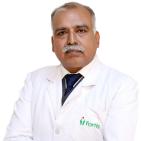
- Neurosurgery | Neurosurgery
-
25 Years
-
1050







